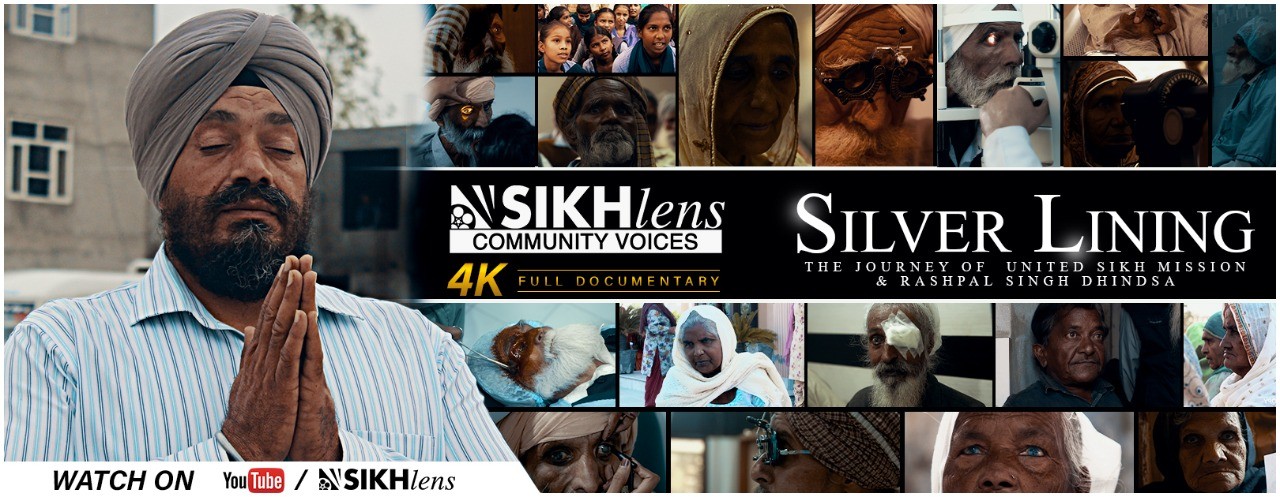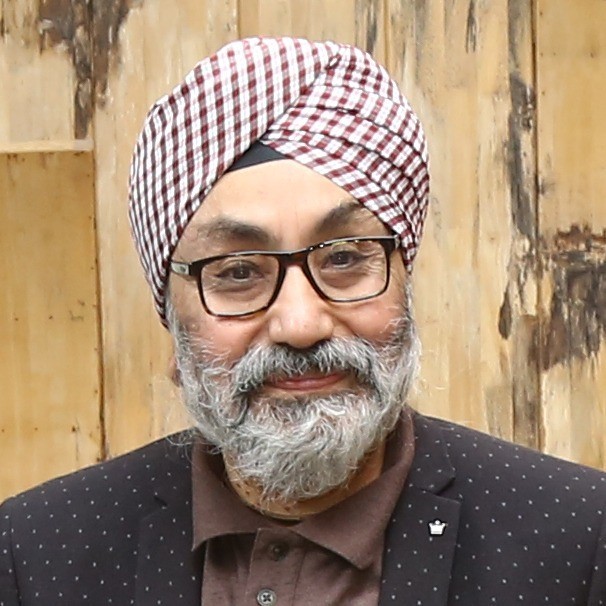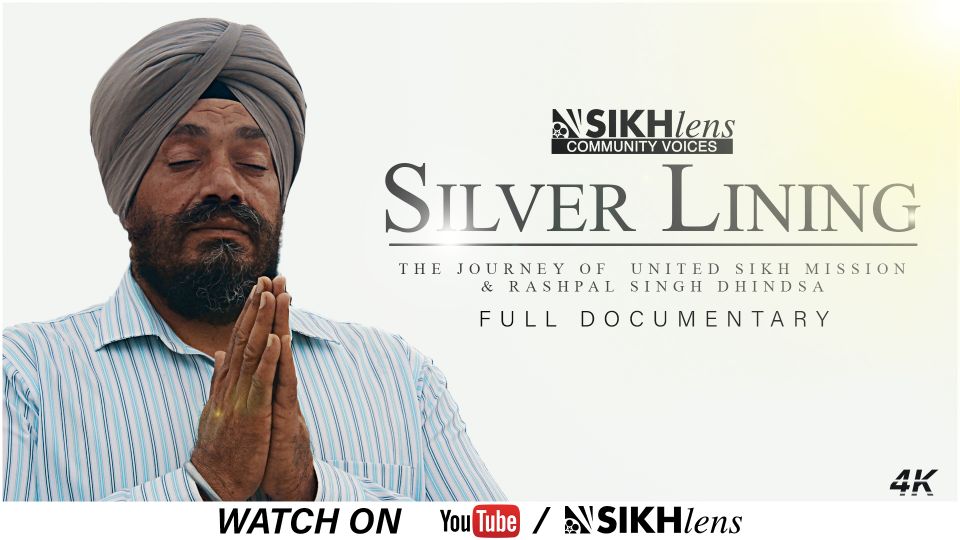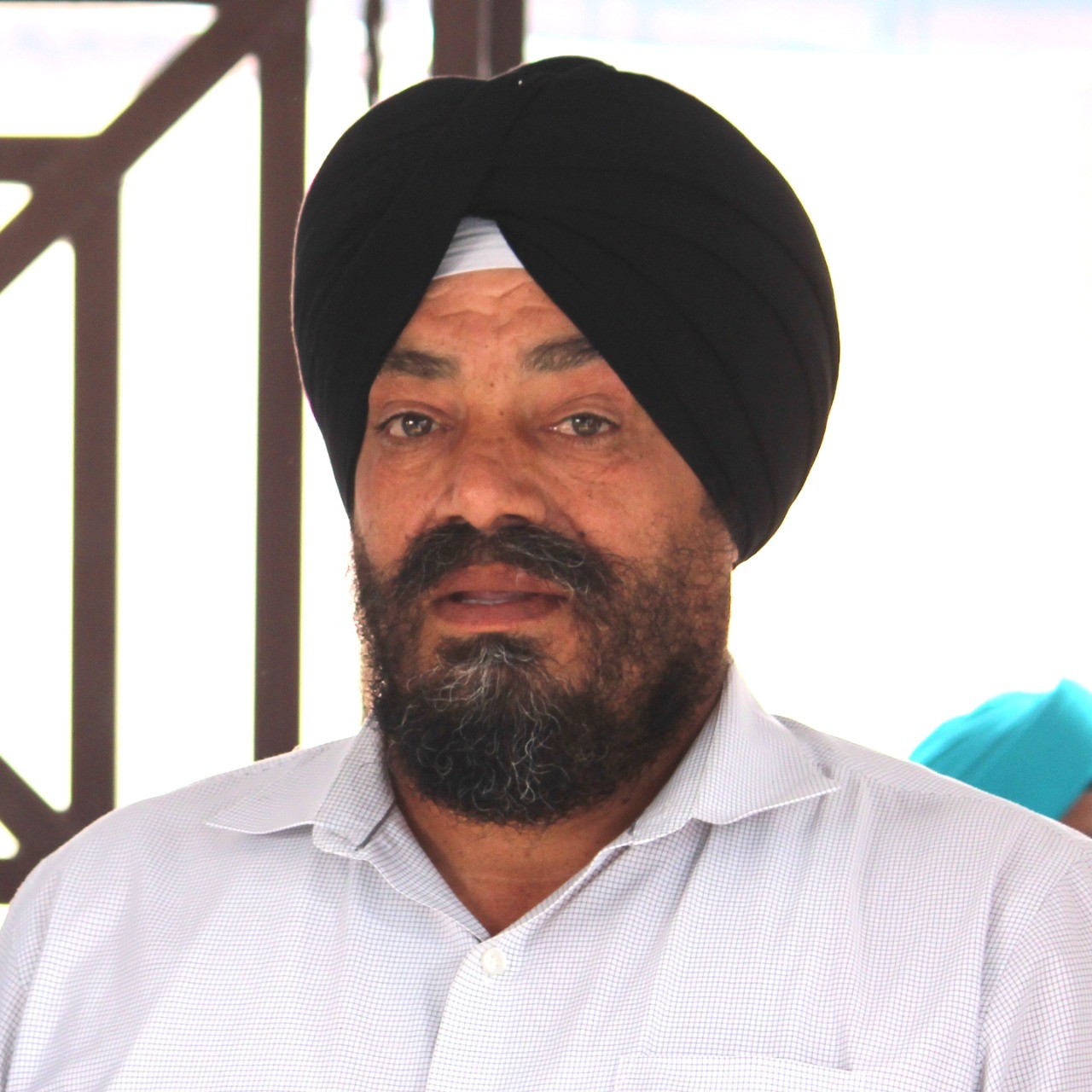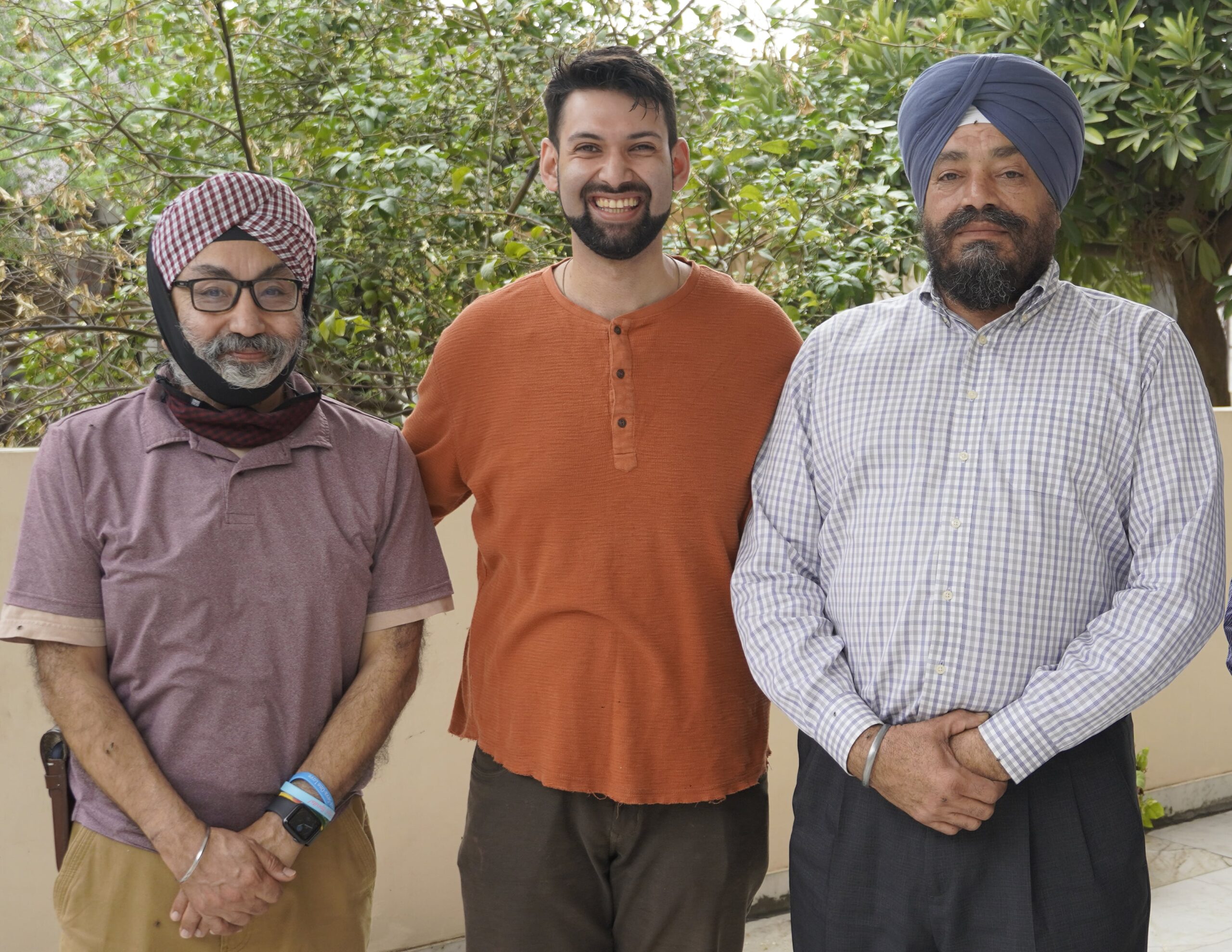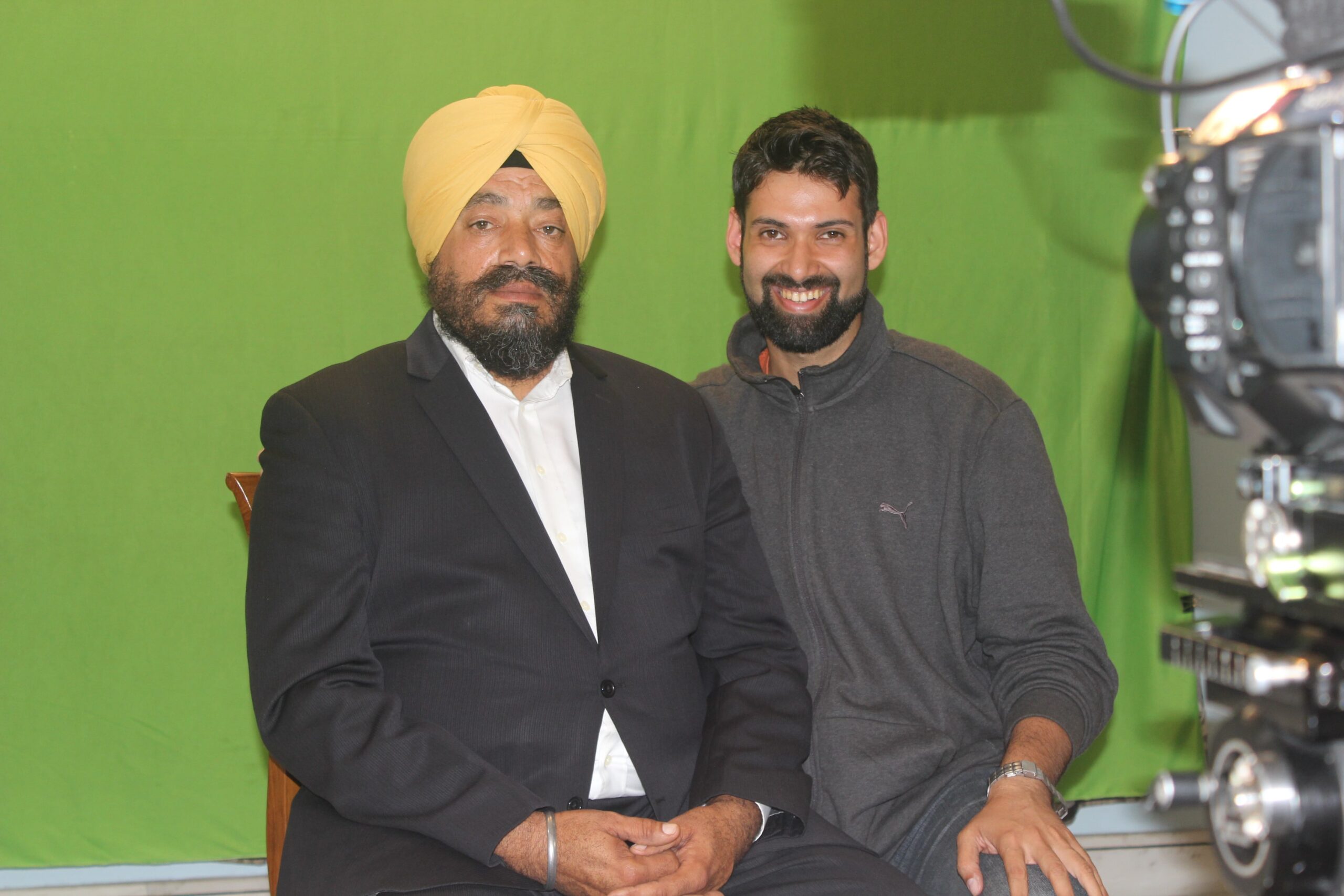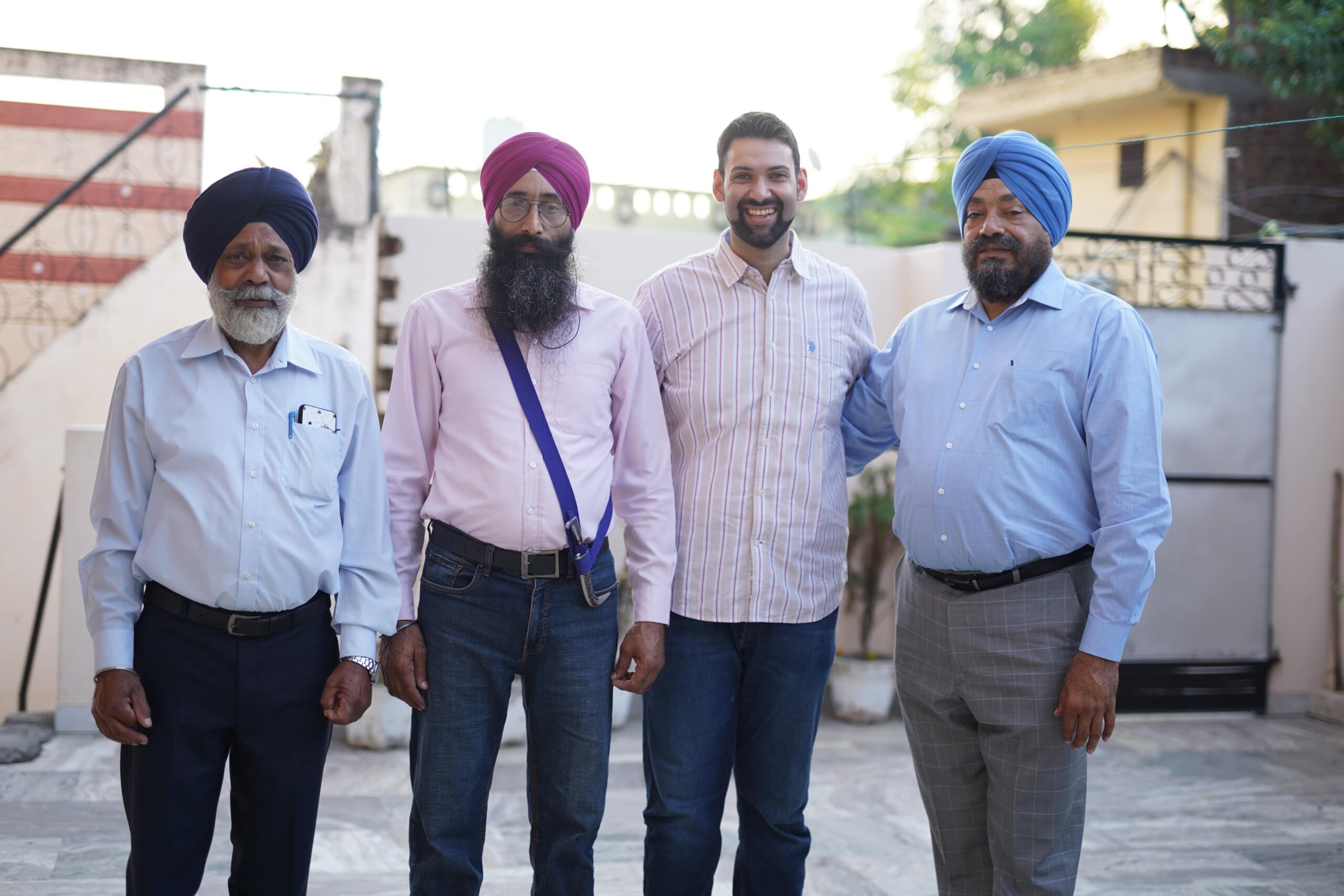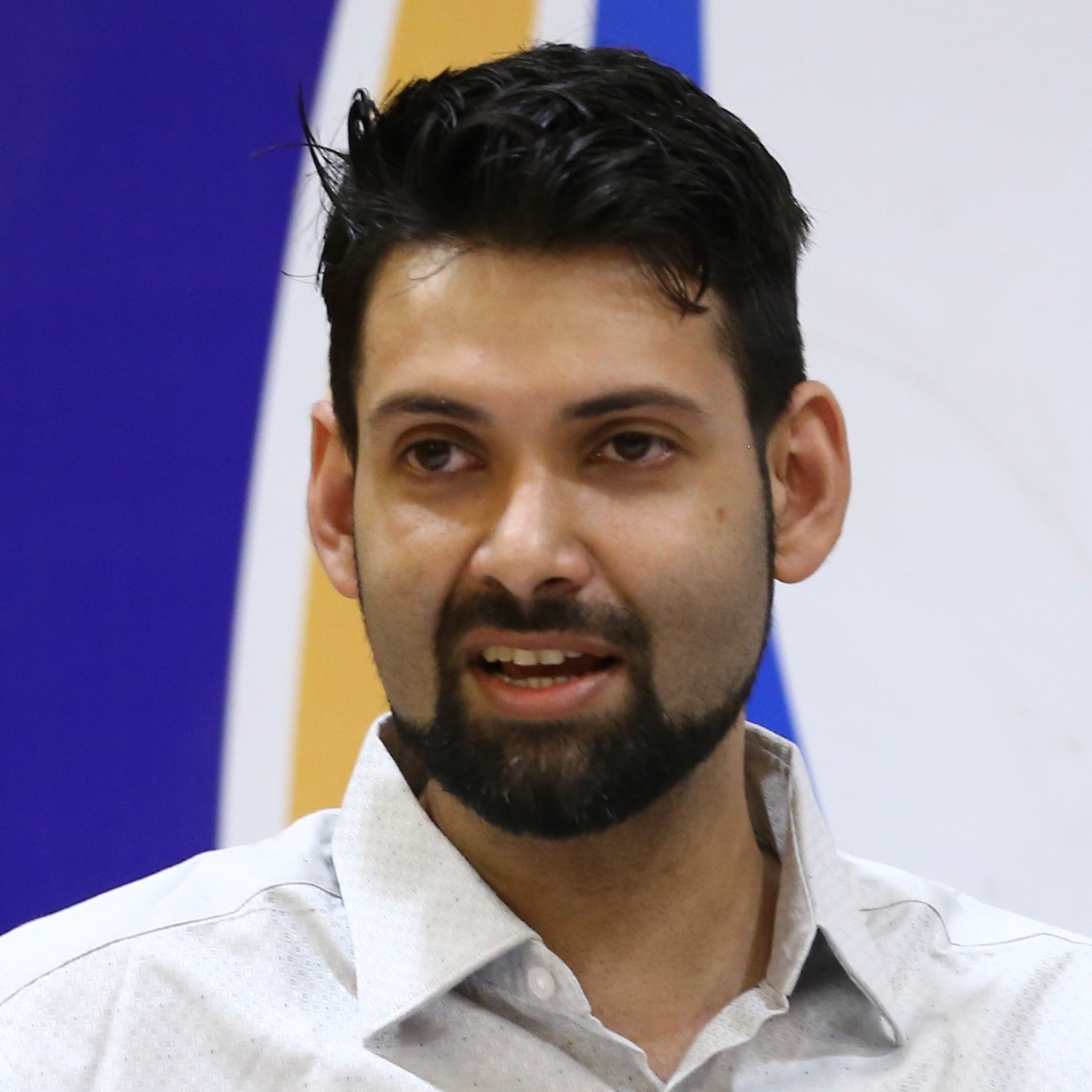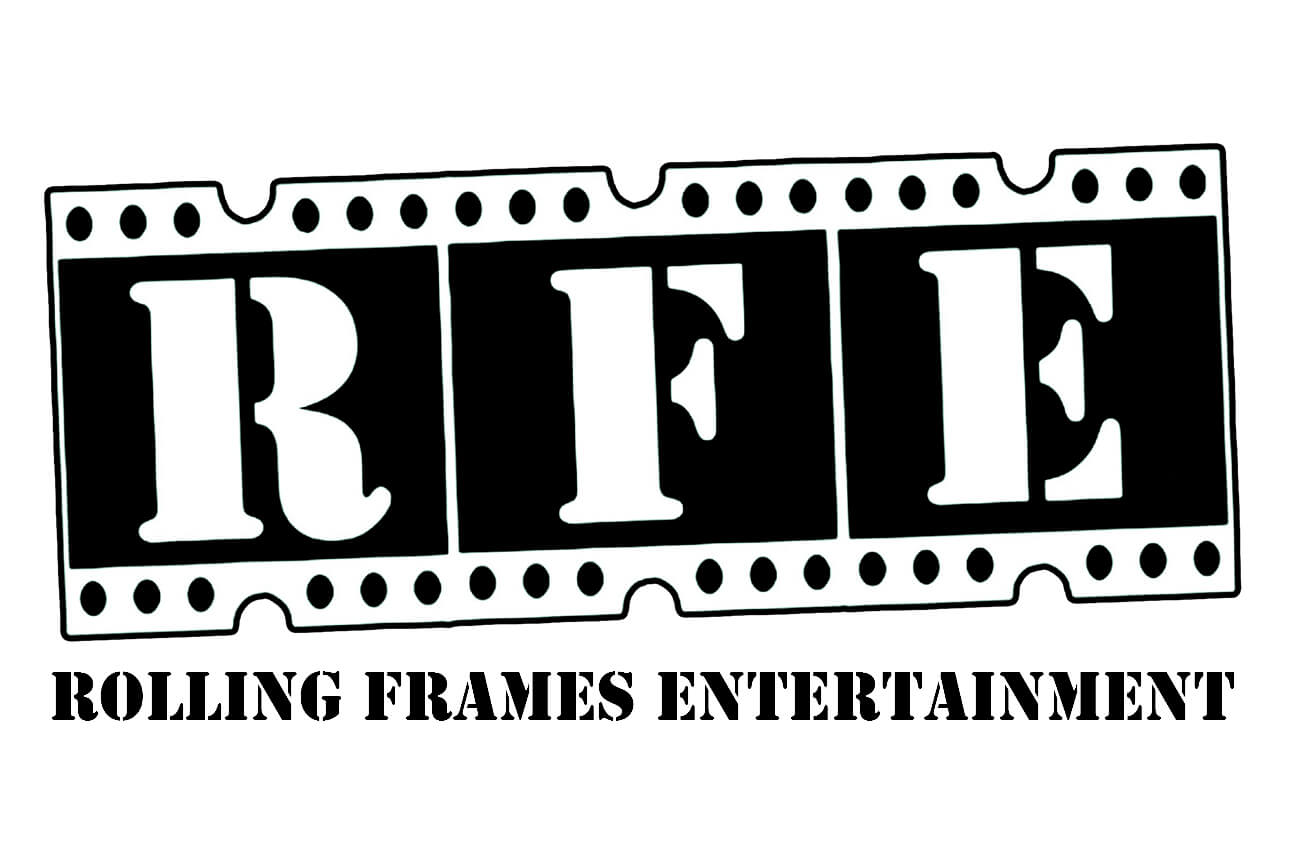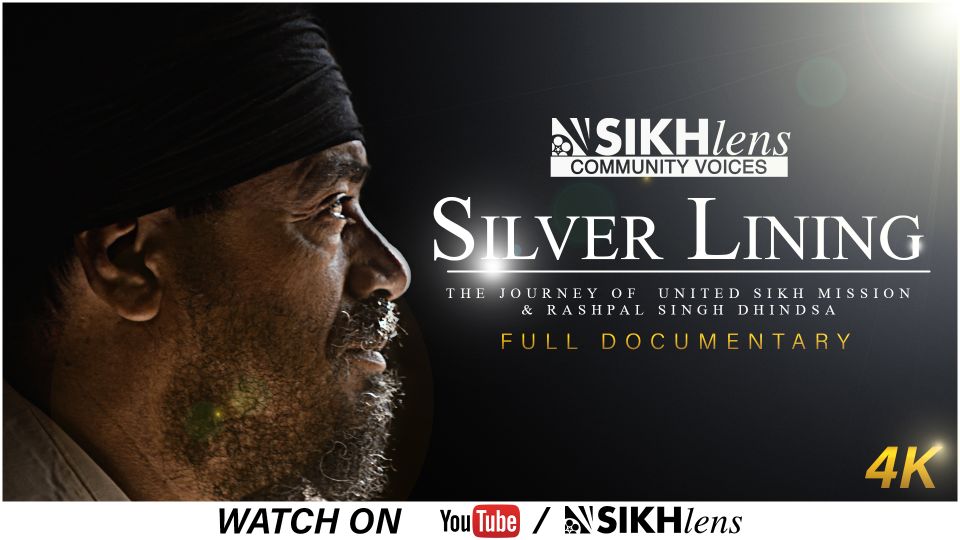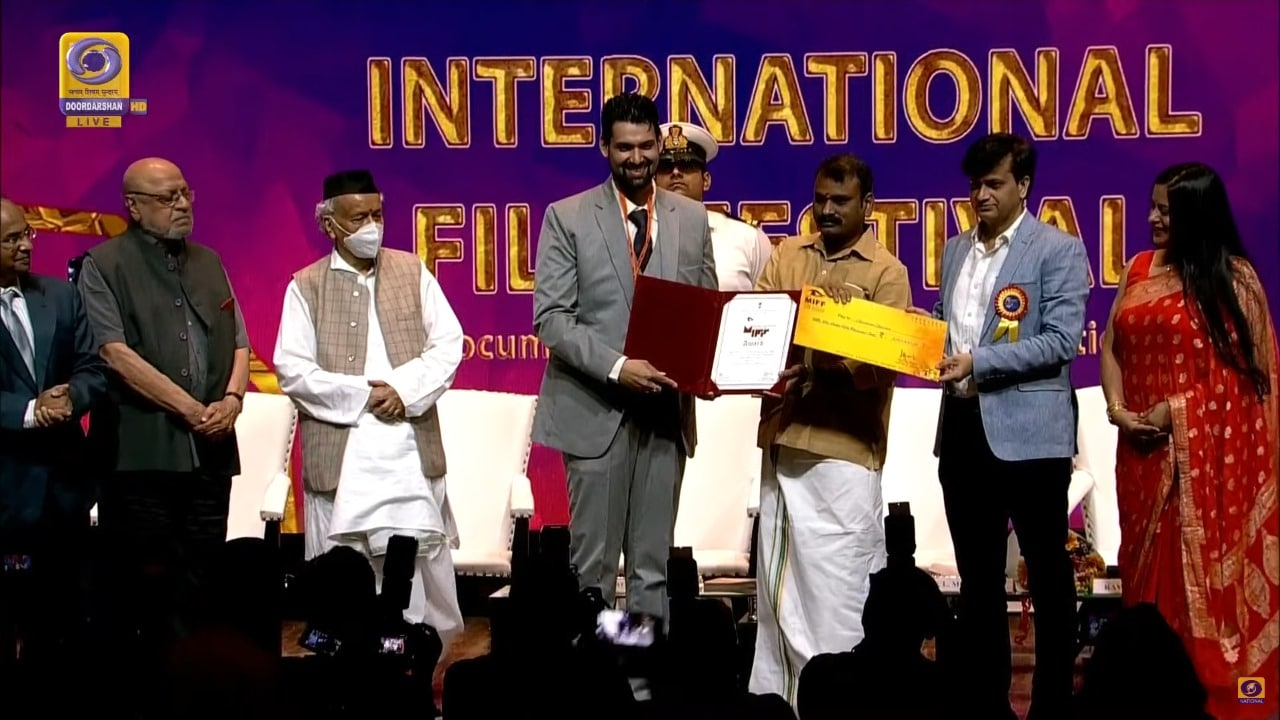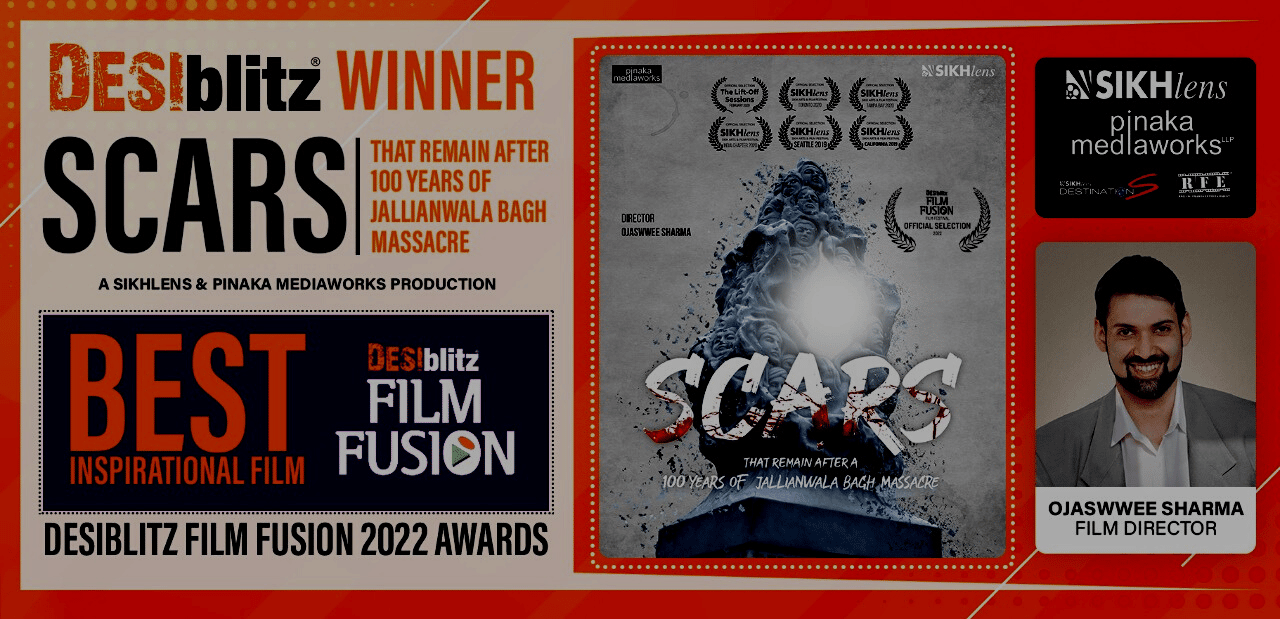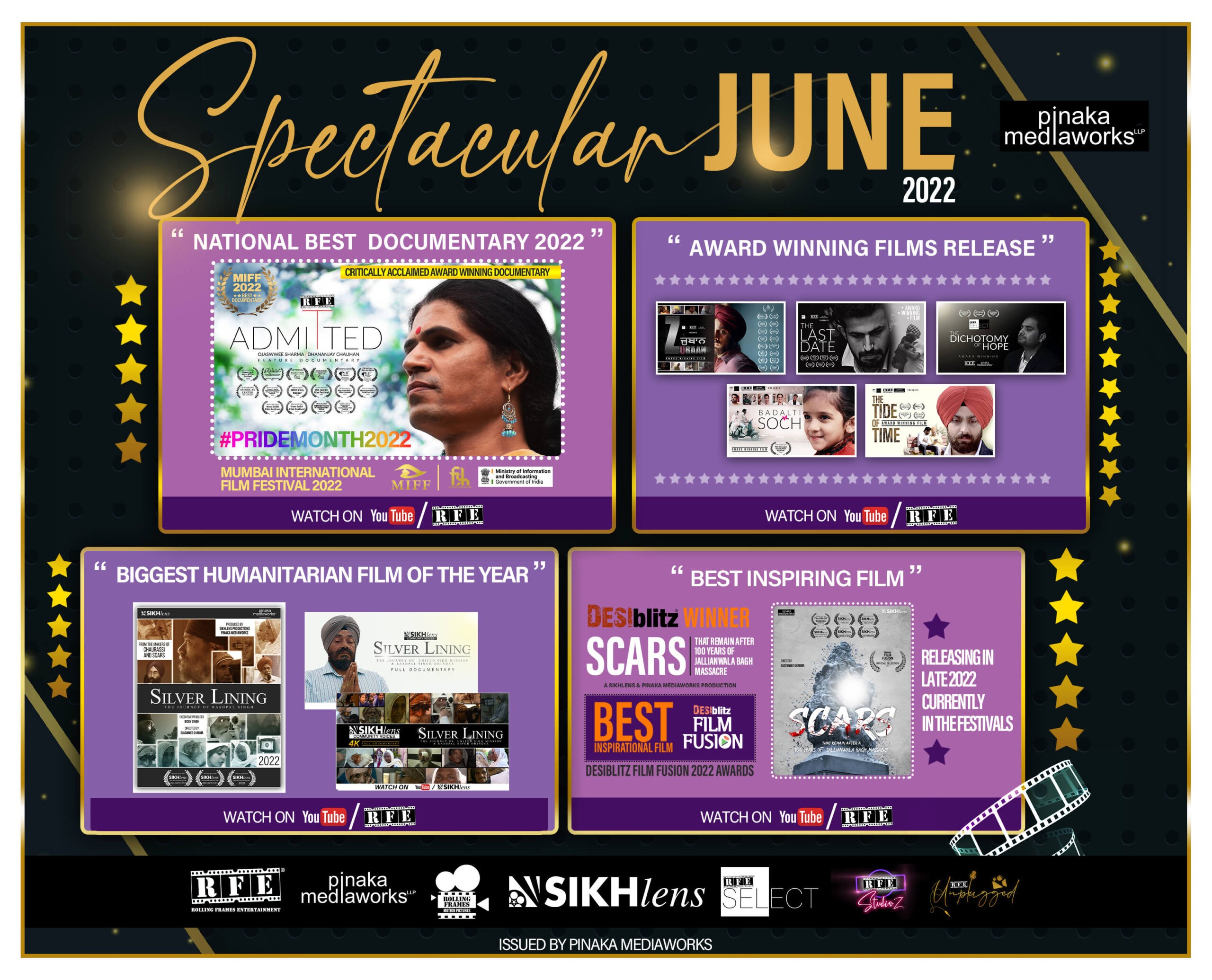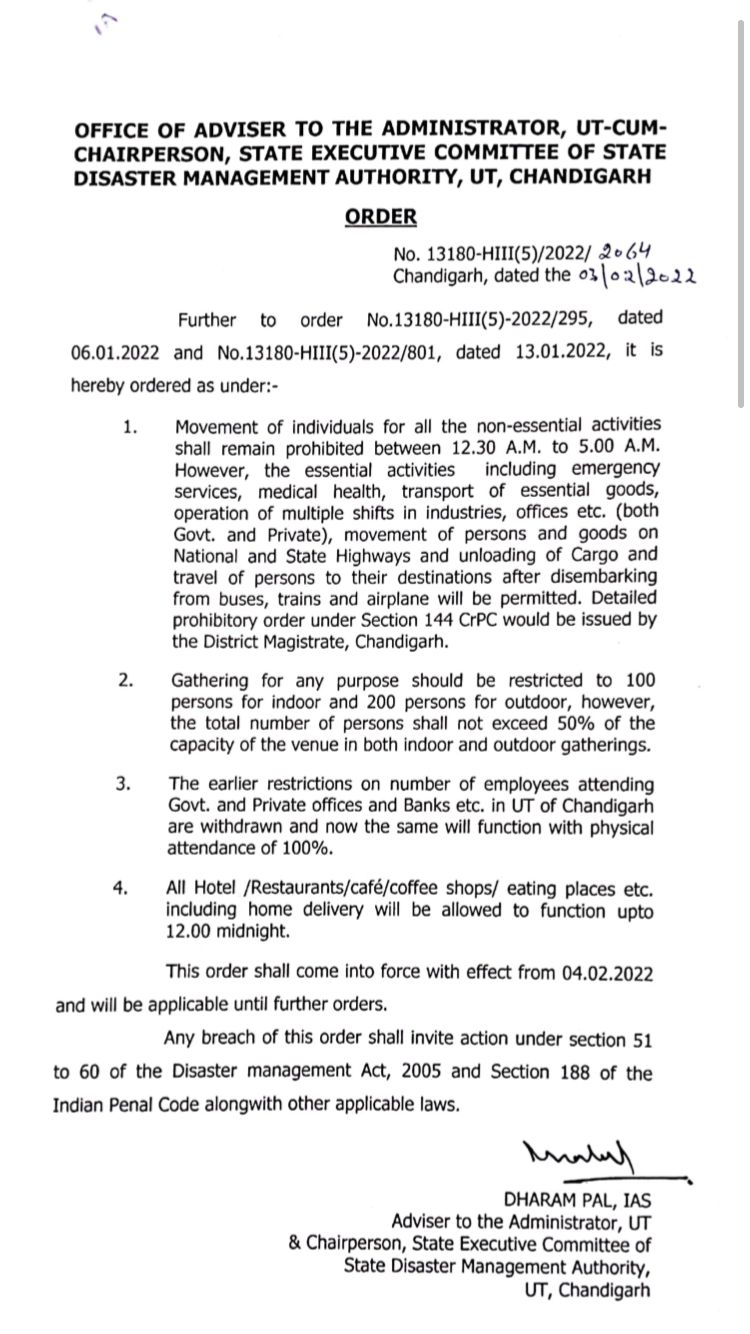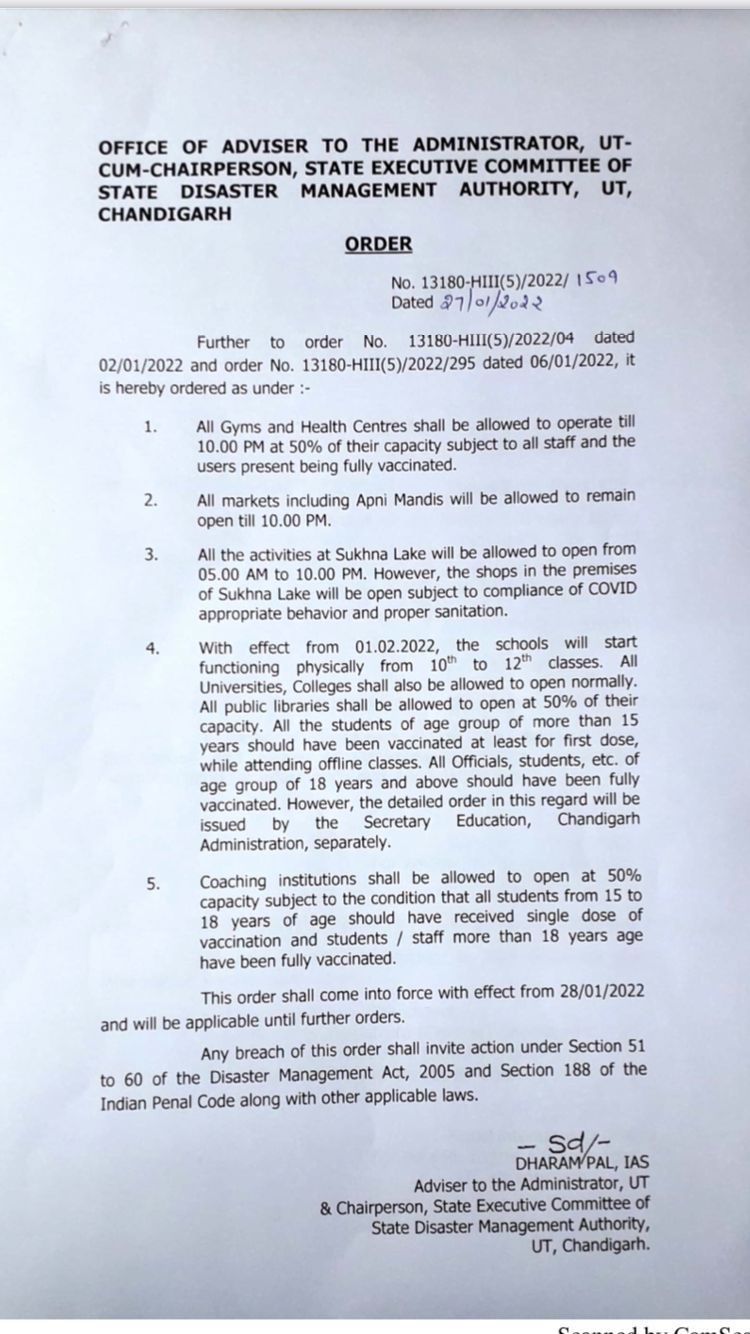Rolling Frames Entertainment (RFE) Terms of Use
Rolling Frames Entertainment (RFE) provides a personalized subscription service that allows our members to access movies and TV shows (“Rolling Frames Entertainment (RFE) content”) streamed over the Internet to certain Internet-connected TVs, computers and other devices (“Rolling Frames Entertainment (RFE) ready devices”).
These Terms of Use govern your use of our service. As used in these Terms of Use, “Rolling Frames Entertainment (RFE) service”, “our service” or “the service” means the personalized service provided by Rolling Frames Entertainment (RFE) for discovering and watching Rolling Frames Entertainment (RFE) content, including all features and functionalities, recommendations and reviews, the website, and user interfaces, as well as all content and software associated with our service.
PLEASE READ. YOUR USE OF THIS SITE IS SUBJECT TO THESE TERMS OF USE AND OUR PRIVACY POLICY. BY USING THE SITE, YOU CONSENT TO THE COLLECTION AND USE OF YOUR DATA IN ACCORDANCE WITH OUR PRIVACY POLICY
These Terms of Use (“Terms”) apply to the websites, web pages, interactive features, applications, widgets, blogs, social networks, social network “tabs,” alternative reality worlds or features, or other online or wireless offerings that post a link to these Terms, whether accessed via computer, mobile device or other technology, manner or means (each, a “Site,” and collectively, the “Sites”). The Sites are offered by Rolling Frames Entertainment (RFE) Media Private Limited (“ROLLING FRAMES ENTERTAINMENT (RFE)†) or other companies associated with ROLLING FRAMES ENTERTAINMENT (RFE) (collectively, “ROLLING FRAMES ENTERTAINMENT (RFE),” or “we”, “us”, “our”). These Terms govern your rights and responsibilities in connection with the particular Site you are using (referred to sometimes as “the” Site). The term Site includes the content on that Site, all of our services provided on or through that Site (the “Site Services”), and any software that we make available on or through that Site (the “Software”), unless otherwise specified. You “use” the Site anytime you access (via computer, mobile device or other technology), view, link to or from, or otherwise interact or communicate with or connect to, the Site (or any parts thereof) or interact or communicate with other users through the Site (including, without limitation, on message boards, chat rooms and/or other communities established on the Site). Your use of the Site (or any part thereof) signifies your agreement to be bound by these Terms and the ROLLING FRAMES ENTERTAINMENT (RFE) Privacy Policy (the “Privacy Policy”), which is hereby incorporated by this reference into these Terms. These Terms constitute a legally binding agreement between You and ROLLING FRAMES ENTERTAINMENT (RFE) regarding your use of the Site and the services that allows for the distribution and reception of video, audio, and other content through such Site. Do not use the Site if you do not agree with any of the terms contained herein. By accessing the Site Service and/or by clicking “I agree†, You agree to be bound by these Terms. You hereby represent and warrant to ROLLING FRAMES ENTERTAINMENT (RFE) that you are at least eighteen (18) years of age and/or otherwise capable of entering into and performing legal agreements, and that you agree to be bound by the following terms and conditions. While individuals under the age of 18 may utilize the Site Service, they may do so only with the involvement of a parent or legal guardian, under such person´s account and otherwise subject to these Terms. In certain jurisdictions, the age of majority may be older than 18, in which case you must satisfy that age in order to become a member / utilize the Site Service. Given the nature of the Internet, even though the Site is ordinarily (but not always) targeted to Indian (“India”) residents, it may be accessed in other parts of the world. If you are not a Indian resident and yet use the Site, you acknowledge, understand and agree that you are doing so on your own initiative and at your own risk and that it is your responsibility (and not ours) to make sure that your use of the Site complies with all applicable local laws in the jurisdiction from where you access or use the Site, in such circumstances the local laws shall be upheld in every scenario of the user, however Rolling Frames Entertainment (RFE) won’t be liable to follow such local laws.
IF YOU ARE NOT An Indian RESIDENT, BY SUBMITTING YOUR PERSONALLY IDENTIFIABLE INFORMATION ON THE SITE, YOU EXPRESSLY CONSENT TO THE TRANSFER OF SUCH DATA TO INDIA, AND TO THE PROCESSING OF SUCH DATA ON ROLLING FRAMES ENTERTAINMENT (RFE)’S (OR ITS DESIGNATED VENDORS’) SERVERS, WHERE YOUR DATA WILL BE GOVERNED BY INDIAN LAWS THAT MAY PROVIDE A LOWER (OR DIFFERENT) LEVEL OF DATA PROTECTION THAN YOUR COUNTRY.
ROLLING FRAMES ENTERTAINMENT (RFE) reserves the right at its sole discretion, to change, modifies and/or adds to these Terms or to the Privacy Policy, in whole or in part, at any time. Changes to these Terms or the Privacy Policy will be effective when posted. You agree to review these Terms and the Privacy Policy periodically to become aware of any changes. Your use of the Site or any part thereof after any changes to these Terms or the Privacy Policy are posted will be considered acceptance of those changes and will constitute your agreement to be bound thereby. If you object to any such changes, your sole recourse will be to stop using the Site. Your use of certain Site features, functionality, programs or Services (including, without limitation, contests, sweepstakes, promotions, wireless marketing opportunities, photo or video or other User Submissions (as defined below) uploading/posting opportunities, RSS feeds, etc.) offered on or through the Site may be subject to additional or special terms and conditions (“Special Rules”), and before you use any such features, functionality, programs or Services you may be required to indicate your acceptance of such additional Special Rules. All Special Rules are incorporated into these Terms as if fully set forth herein.
OWNERSHIP; RESTRICTIONS ON USE
The content of the Site and all copyrights, patents, trademarks, service marks, trade names and all other intellectual property rights therein are owned by ROLLING FRAMES ENTERTAINMENT (RFE) and/or its licensors or any third party permissioned to the Rolling Frames Entertainment (RFE) to use the same and are protected by applicable Indian and international copyright and other intellectual property laws. You acknowledge, understand and agree that you shall not have, nor be entitled to claim, any rights in and to the Site content and/or any portion thereof, except: (i) with respect to your own User Submissions (excluding any materials – e.g., key art, title treatment, clips, stills, music tracks, etc. – used in your User Submissions that may have been licensed to you by ROLLING FRAMES ENTERTAINMENT (RFE) for use in your User Submissions, for example in connection with a contest or other program or feature offered on the Site (such content referred to as the “ROLLING FRAMES ENTERTAINMENT (RFE) Licensed Assets”)); and/or (ii) to the extent of your limited rights to use the Site for certain personal (non-commercial) purposes, as set forth below in the section titled LICENSES GRANTED TO YOU, subject to the conditions set forth in the YOUR RESPONSIBILITIES section below and the other terms and conditions of these Terms. Except in connection with your own User Submissions (and then only to the extent you control them), or unless expressly authorized by ROLLING FRAMES ENTERTAINMENT (RFE) pursuant to these Terms or otherwise, you agree not to copy, reproduce, duplicate, stream, capture, access through technology or means other than those provided on the Site, perform, transfer, sell, resell, download, upload, archive, license to others, edit, modify, manipulate, create derivative works from or based upon (including, without limitation, mash-ups, montages, wallpapers, ringtones, greeting cards, T-shirts or other merchandise), publish, republish, post, transmit, publicly display, frame, link from or to, distribute, share, embed, translate, decompile, reverse engineer, translate, incorporate into any hardware or software application, use for commercial purposes, or otherwise use or exploit the Site or any component part thereof. Any of the unauthorized uses referred to above would constitute an infringement of the copyrights and other proprietary rights of ROLLING FRAMES ENTERTAINMENT (RFE) and/or its licensors (including, without limitation, other Site users who have submitted their own User Submissions) and a violation of these Terms and may subject you to civil and/or criminal liability under applicable laws.
LICENSES GRANTED TO YOU
Subject to these Terms (including, without limitation, the section set forth below), we hereby grant you, if and only to the extent the necessary functionality is provided to you on or through the Site, the following limited, revocable, non-exclusive, non-transferable, non-assignable, worldwide, royalty-free rights and licenses (each a “License”):
- a. The License to access, view and otherwise use the Site (including, without limitation any Site Services provided on or through the Site) for your personal (non-commercial), lawful use only, as intended through the customary and authorized functionality of the Site;
- b. The License to stream Site content using any of the widgets and/or other digital streaming Internet video players, if any, provided on the Site (any such widget or other digital streaming Internet video player referred to as a “Site Widget”) for your personal, lawful use only;
- c. The License to cut and paste certain code expressly made available to you through the Site (whether such functionality is designated as “sharing” functionality or not) in order to embed, re-publish, maintain, and/or display the specific Site content to which such code relates on your own personal, customized social networking Web page(s), Web blog(s), or microblog(s) (collectively, your “Personal Social Media”), and/or, if the Site provides “widget grabbing and embedding” functionality, to “grab” a Site Widget and embed, re-publish, maintain, and/or display such Site Widget on your Personal Social Media; (we don’t need to mention this)..
- d. The License to cut and paste certain code expressly made available to you through the Site, and/or if the Site provides “widget grabbing and embedding” functionality, to “grab” a Site Widget, to forward, as applicable, such code and/or Site Widget to your friends, so that they can view the Site content contained therein, and/or if, they so desire, so that they themselves may embed the forwarded piece of code or Site Widget on their own Personal Social Media or re-forward it to their own friends; (we don’t need to mention this)
- e. if the Site includes a “Send to Friend” or similar tool that allows you to initiate and send to one of your friends an email communication that includes Site content, and the tool is operational, the License to use the tool to request that the Site’s servers convey your message to your friend;
- f. If the Site includes a “Download” link next to a piece of Site content (including, without limitation, an image, an icon, a wallpaper, a music track, a video, a trailer, an RSS feed), the License to download a single copy of such content to a single computer, mobile or other permitted device for your personal, non-commercial use only;
- g. The Site also includes a watch later tool that enables you to select a particular content which get saved into your watch list and the same can be viewed later.
- h. if the Site enables you to download Software, the License to install and use one copy of the Software on your personal computer system, mobile or other permitted device in machine-executable object code form only and make one additional copy for back-up purposes; provided, however, that you understand and agree that (i) by allowing you to download the Software, ROLLING FRAMES ENTERTAINMENT (RFE) does not transfer title to the Software to you (i.e., you own the medium on which the Software is recorded, but the Software’s owner (which may be ROLLING FRAMES ENTERTAINMENT (RFE) and/or its third party Software licensor) will retain full and complete title to such Software; (ii) you shall not copy, modify, adapt, translate into any language, distribute, or create derivative works based on the Software without the prior written consent of ROLLING FRAMES ENTERTAINMENT (RFE); (iii) you shall not assign, rent, lease, or lend the Software to any person or entity and any attempt by you to sublicense, transfer, or assign the Software will be void and of no effect; (iv) you shall not decompile, disassemble, reverse engineer, or attempt to reconstruct, identify, or discover any source code, underlying ideas, underlying user interface techniques, or algorithms of the Software by any means whatsoever, except to the extent the foregoing restriction is prohibited by applicable law; and (v) because the laws and regulations of the India restrict the export and re-export of commodities and technical data of India origin, including the Software, you will not export or re-export the Software in any form in violation of the laws of India or any foreign jurisdiction;
The License to obtain a registered personal account (and/or related username and password) on the Site and interact with other Site users as part of Site-based chat rooms, message boards, social media networks, online multiplayer games and/or other activities or similar Services offered on the Site; and
The License to use any other functionality expressly provided by ROLLING FRAMES ENTERTAINMENT (RFE) on or through the Site for use by users, subject to these Terms (including, without limitation, functionality to create and/or Submit User Submissions).
YOUR RESPONSIBILITIES
Your rights under any one or more of the Licenses set forth above are conditioned upon your compliance with each of the following:
- a. you will not create or Submit (as defined below) a User Submission that is unlawful, pornographic, obscene, defamatory, libelous, threatening, discriminatory, harassing, bullying, vulgar, indecent, profane, hateful, racially, culturally or ethnically offensive, or that encourages criminal conduct, or that gives rise, or potentially gives rise, to civil or criminal liability, or that violates any applicable laws, rules, regulations or (“Applicable Laws”), or that infringes or violates other parties’ intellectual property, publicity, or privacy rights or links to infringing or unauthorized content;
- b. you will not embed, re-publish, maintain and/or display any Site content (including, without limitation, any of your own User Submissions) on any Personal Social Media or other web site or other Internet location that ordinarily contains or hosts content that is unlawful, pornographic, obscene, defamatory, libelous, threatening, discriminatory, harassing, bullying, vulgar, indecent, profane, hateful, racially, culturally or ethnically offensive, or that encourages criminal conduct, or that gives rise, or potentially gives rise, to civil or criminal liability, or that violates any Applicable Laws, or that infringes or violates other parties’ intellectual property rights or links to infringing or unauthorized content;
- c. you will not send spam, chain letters, pyramid schemes or any other unsolicited or unauthorized advertising or promotional materials, or harass, bully, stalk, harm, or otherwise cause mental or physical distress or injury to anyone, or defame or disparage someone, or engage in any other unlawful or objectionable conduct while using the Site;
- d. you will provide accurate, current and complete information about you or anyone else, and you will not provide false information about you or anyone else (including, without limitation, when you are being asked on the Site to provide accurate information about your age), and you will not impersonate or appear to impersonate anyone else or otherwise misrepresent your affiliation with any person or entity;
- e. you will not use any one or more of the LICENSES GRANTED TO YOU (and any associated functionality) to collect, obtain, compile, gather, transmit, reproduce, delete, revise, view, display, forward, any material or information, whether personally identifiable or not, posted by or concerning any other user of the Site, unless you have obtained prior permission from such user to do so;
- f. you will not interfere with or disrupt, or attempt to interfere with or disrupt, the operation of the Site (or any parts thereof);
- g. you will abide by all copyright notices, information, and restrictions contained in or associated with any of the Site content;
- h. you will not remove, alter, interfere with or circumvent any copyright, trademark, watermark, or other proprietary notices marked/displayed on Site content, Software or Site Services;
- i. you will not remove, alter, interfere with or circumvent any digital rights management mechanism, device or other content protection or access control measure (including, without limitation geofiltering and/or encryption) associated with Site content;
- j. you will not use any of the rights granted to you or any of the Site content or Site Services in a manner that suggests an association with any of ROLLING FRAMES ENTERTAINMENT (RFE)’s products, services or brands, unless otherwise specifically permitted by ROLLING FRAMES ENTERTAINMENT (RFE);
- k. you will not use bots, spiders, offline readers or other automated systems to access or use the Site in a manner that sends more request messages to the Site’s servers in a given period of time than a human can reasonably produce in the same period by using a conventional Web browser, unless you are a lawfully operating a public search engine, in which case (subject to ROLLING FRAMES ENTERTAINMENT (RFE)’s full discretion to revoke this exception at any time), you may use spiders to index materials from the Site for the sole purpose of creating publicly available searchable indices (but not caches or archives) of such materials;
- l. you will not knowingly transmit any material that contains adware, malware, spyware, software viruses, timebombs, cancelbots, worms, trojan horses, or any other computer code, files, or programs designed to interrupt, destroy, or limit the functionality of any computer software or hardware or telecommunications equipment;
- m. you will not do anything that is likely to adversely affect or reflect negatively upon or harm the goodwill or reputation of ROLLING FRAMES ENTERTAINMENT (RFE) or any of its affiliates, or the Site, or any of the content running or being promoted on the Site (including, without limitation, any movie, television program or other initiative);
- n. you will not do anything on the Site that would prevent other users’ access to or use of the Site or any part thereof;
- o. you will be responsible for maintaining the confidentially of any username or password associated with access to the Site (including, without limitation, in those instances in which the Site uses the account creation mechanism and management of a third party’s social network, website or device), and you are solely responsible for all activities that occur under your username and/or password; and
- p. you will use the Site and the Licenses at all times in compliance with these Terms and all Applicable Laws.
USER SUBMISSIONS; GRANT OF LICENSE TO ROLLING FRAMES ENTERTAINMENT (RFE); YOUR WARRANTIES AND REPRESENTATIONS
The Site may enable you to send, post, upload, transmit through webcam or similar functionality or otherwise submit to the Site (including, without limitation, by allowing you to provide the URL of where a particular piece of your content resides), or otherwise display or exchange (including, without limitation, with other Site users) on or by means of the Site to other destinations, such as social networking pages (including, without limitation, to your Personal Social Media) (collectively, “Submit”), your videos, textual comments, photographs, images, or other creative works and/or other personal media content and your ideas, opinions, feedback, and other information, (collectively, your “User Submissions”), and such User Submissions will generally be available to all users of the Site or to others using the destinations (such as for example social networking pages) where you have submitted your User Submissions. By Submitting your User Submissions on or by means of the Site you expressly acknowledge and agree that you and only you will be responsible for the content of your User Submissions and for any consequences that may arise therefrom. Except as may otherwise be provided in any Special Rules, it is not ROLLING FRAMES ENTERTAINMENT (RFE)’s regular, established practice to monitor, control, or have knowledge of the User Submissions Submitted using the Site, but ROLLING FRAMES ENTERTAINMENT (RFE) may do so in its sole discretion. When you Submit (or attempt to Submit) your User Submissions on or by means of the Site, you automatically grant to ROLLING FRAMES ENTERTAINMENT (RFE) and its affiliates, an irrevocable, perpetual, worldwide, unconditional, unrestricted, fully-paid, royalty-free, transferable, fully sub-licenseable to multiple tiers of sub-licensees, non-exclusive right and license (the “ROLLING FRAMES ENTERTAINMENT (RFE) License”) to display, publicly perform, distribute (including, without limitation, through third-party Web sites, blogs, microblogs and other social networking media and Internet and mobile resources and applications), store, transcode, host, cache, maintain, broadcast, webcast, mobilecast, transmit, distribute, tag, track, reproduce, edit, modify, format, re-format, link to and from, translate, delete, create derivative works, combine with other content, categorize, and/or otherwise use, reuse and/or otherwise exploit your User Submissions (or any portions or derivative works thereof) and any names, likenesses, voices, images, digital recordings, performances, and other ideas, concepts, feedback and other materials included in your User Submissions, in any manner, medium or content delivery technology now known or hereinafter devised, for any purpose, as determined solely in ROLLING FRAMES ENTERTAINMENT (RFE)’s (or its authorized designees/licensees’) sole discretion, without the requirement for any compensation to you or anyone else, or the need to require additional consent from you or anyone else, or the need to provide prior notification or any credit to you or anyone else. The ROLLING FRAMES ENTERTAINMENT (RFE) License shall survive in perpetuity in accordance with its terms regardless of whether you stop using the Site or ROLLING FRAMES ENTERTAINMENT (RFE) terminates your access to the Site. NOTHING CONTAINED HEREIN SHALL BE DEEMED TO TRANSFER TO ROLLING FRAMES ENTERTAINMENT (RFE) OR TO ANY OF ITS AFFILIATES ANY OWNERSHIP RIGHTS IN AND TO YOUR USER SUBMISSIONS, PROVIDED, HOWEVER, THAT ROLLING FRAMES ENTERTAINMENT (RFE) AND/OR ITS AFFILIATES AND/OR ITS LICENSORS WILL RETAIN SOLE AND EXCLUSIVE OWNERSHIP OF ANY OF THE ROLLING FRAMES ENTERTAINMENT (RFE) LICENSED ASSETS (IF ANY) INCLUDED IN YOUR USER SUBMISSIONS. EVEN THOUGH BY SUBMITTING YOUR USER SUBMISSIONS YOU ARE GRANTING TO ROLLING FRAMES ENTERTAINMENT (RFE) THE BROAD RIGHTS AND LICENSES SET FORTH ABOVE, YOU ACKNOWLEDGE AND UNDERSTAND THAT NOTHING CONTAINED HEREIN SHALL OBLIGATE ROLLING FRAMES ENTERTAINMENT (RFE) AND/OR ANY OF ITS AFFILIATES OR AUTHORIZED DESIGNEES TO HOST, DISTRIBUTE, DISPLAY OR OTHERWISE EXPLOIT ANY OF YOUR USER SUBMISSIONS OR EXERCISE ANY OTHER RIGHTS UNDER THE ROLLING FRAMES ENTERTAINMENT (RFE) LICENSE. You acknowledge and agree that: (a) you have no expectation of confidentiality of any nature with respect to any of your User Submissions, and (b) ROLLING FRAMES ENTERTAINMENT (RFE) and/or any of its affiliates may already have projects under consideration that are similar to your User Submissions or may independently develop projects that are similar to your User Submissions, or other User Submissions transmitted by other users of the Site may be similar or the same as your User Submissions. Because of the viral nature of social media, you should not submit any content or information to ROLLING FRAMES ENTERTAINMENT (RFE) that you do not want to be viewed and “shared” or otherwise distributed by others. In connection with all of the User Submissions you Submit to the Site, and any other activities that you conduct on or by means of the Site, you represent, warrant and covenant that: (i) the User Submissions are original to you (in other words, that you own all rights in and to your User Submissions) or, alternatively, that you have acquired all necessary rights in your User Submissions to enable you to grant to ROLLING FRAMES ENTERTAINMENT (RFE) the ROLLING FRAMES ENTERTAINMENT (RFE) License; (ii) you have paid or satisfied and will pay or satisfy in full all license fees, clearance fees, royalties, and any other financial or third party obligations of any kind, if any, arising from any use or exploitation of your User Submissions, and ROLLING FRAMES ENTERTAINMENT (RFE) will not be responsible for such obligations; (iii) your User Submissions do not infringe the intellectual property rights, privacy rights, publicity rights, or any other legal or moral rights of any third party; (iv) neither your User Submissions, nor any of the other activities that you undertake on the Site, are or will at any time be: defamatory or disparaging of any individual or entity, unlawful, pornographic, obscene, threatening, vulgar, indecent, profane, hateful, sexually explicit or sexually suggestive, intended to bully or harass or stalk, or resulting in bullying, harassing, or stalking, racially or ethnically or culturally offensive, or otherwise objectionable or encouraging of criminal conduct, or giving rise, or potentially giving rise, to civil or criminal liability, or linking to infringing or unauthorized content, or transmitting unsolicited advertising materials, or intended to result in, or resulting in, any mental or physical distress or injury to any person, violative of any Applicable Laws or these Terms, or violative of any personal publicity or privacy rights; and (v) your User Submissions are not intended by you to benefit any commercial enterprise associated with you or any third party. You agree to keep all records necessary to establish that your User Submissions do not violate any of the foregoing representations and warranties and to make such records available to ROLLING FRAMES ENTERTAINMENT (RFE) upon ROLLING FRAMES ENTERTAINMENT (RFE)’s request. ROLLING FRAMES ENTERTAINMENT (RFE) is not responsible for any loss, theft or damage of any kind to any User Submissions. You acknowledge that ROLLING FRAMES ENTERTAINMENT (RFE) does not as a matter of its ordinary practice pre-screen any User Submissions submitted by you or other users of the Site but that ROLLING FRAMES ENTERTAINMENT (RFE) (and/or any of its authorized designees) has the right to and may pre-screen or review after initial submission any of the User Submissions for a variety of reasons, including, without limitation, for compliance with these Terms or Applicable Laws, or if otherwise desired or necessary, as determined by ROLLING FRAMES ENTERTAINMENT (RFE) in its sole discretion. ROLLING FRAMES ENTERTAINMENT (RFE) shall have the right in its sole discretion to refuse, remove, edit, or disable any of your User Submissions (and/or any other Site users’ User Submissions) that violate these Terms or are otherwise objectionable, as determined by ROLLING FRAMES ENTERTAINMENT (RFE) in its sole discretion, as well as terminate your and/or any Site user’s continued access to and/or other use of the Site (including, without limitation, access to and/or use of any of the Site Services, features or functionality available on or through the Site). ROLLING FRAMES ENTERTAINMENT (RFE) does not control or endorse any User Submissions, and any User Submissions submitted to the Site do not reflect the opinions, views or policies of ROLLING FRAMES ENTERTAINMENT (RFE) or any of its affiliates. ROLLING FRAMES ENTERTAINMENT (RFE) disclaims any and all liability in connection with any and all User Submissions, and you agree to waive any legal or equitable rights or remedies you may have against ROLLING FRAMES ENTERTAINMENT (RFE) or any of its affiliates with respect to such User Submissions.
If you remove or delete any of your User Submissions from the Site, that User Submission will be removed from the Site within a reasonable period of time. Nonetheless, a User Submission that you remove may still be available to third parties who previously acquired the link to that User Submission and ROLLING FRAMES ENTERTAINMENT (RFE) may maintain copies for archival purposes. ROLLING FRAMES ENTERTAINMENT (RFE) reserves the right to display advertisements in connection with your User Submissions and to use your User Submissions to advertise and promote your User Submissions or the Site (in whole or in part) or any of SPE’s products or services. You acknowledge and agree that you have no right or interest in any of the revenue generated from such advertisements. These provisions shall remain in full force and effect in perpetuity notwithstanding any termination of your use of the Site.
Users hereby acknowledge that certain content on the App is for use solely by responsible adults over the age of 18 or the age of consent in the jurisdiction from which it is being accessed, which would be evident from the CBFC certificate displayed. Such content may include graphic visual depictions and descriptions of activities that may NOT be accessed by anyone who has not attained the age of majority. Should users choose to access such adult content, users shall be making the following representations:
- a. that the user has attained the age of majority asper the local laws, or at least 18 years of age, and has the legal right to access and / or possess content meant for adults;
- b. that the user has voluntarily chosen to access such content, because he / she wants to view the same and does not find the said content to be offensive or objectionable;
- c. that by viewing any part / portion of content certified by the CBFC available on the application, the user agrees that the user shall not hold the owners of the application or its employees responsible for any said materials;
- d. that the user will exit this site immediately should he / she be in anyway offended by the adult nature of the content;
- e. that the user understands and agrees to abide by the standards and laws of India or the jurisdiction from which it is being accessed.
SUBSCRIPTION MEMBERSHIP PLANS
MEMBERSHIP PLANS
1.1 Currently Rolling Frames Entertainment does not offer any paid membership plans.
1.2 Third Party Payment Gateways:
- The Rolling Frames Entertainment (RFE) Site may contain links to other independent third-party payment gateways (Linked Sites). These Linked Sites are provided solely as a convenience to our visitors. Such Linked Sites are not under Rolling Frames Entertainment (RFE) control, and Rolling Frames Entertainment (RFE) is not responsible for and does not endorse such Linked Sites, including any information or materials contained on such Linked Sites. Rolling Frames Entertainment (RFE) remains an intermediary, as defined under the Information Technology Act, 2000 with regard to such transactions. Rolling Frames Entertainment (RFE) advises its users to make their own independent judgement regarding their interaction with these Linked Sites.
- The third party payment gateway service provider would require certain financial information including your credit card/debit card or other banking information. Other than providing a confirmation upon receipt of payment against a membership account, Rolling Frames Entertainment (RFE) disclaims any and all liabilities in relation to your payment processing by such third party payment gateway service provider and the collection and processing of any information by such payment gateway service provider. While using such payment gateways to make payments to Rolling Frames Entertainment (RFE), you will be required to accept the terms of use and privacy policies of such payment gateway service provider. We request you to please make yourself familiar with the terms of use and privacy policies of your respective payment gateway service provider before using such service.
Advertisements:
Some of the services, facilities or features of the Rolling Frames Entertainment (RFE) Services are supported by advertising revenue and the Rolling Frames Entertainment (RFE) Services may display advertisements and promotions. These advertisements may be targeted to the content of information stored on the website, queries made through the Rolling Frames Entertainment (RFE) Services or other information. The manner, mode and extent of advertising by Rolling Frames Entertainment (RFE) through the Rolling Frames Entertainment (RFE) Services are subject to change without specific notice to you. Rolling Frames Entertainment (RFE) takes no responsibility for advertisements or any third party material, nor does it take any responsibility for the products or services provided by advertisers. Any dealings you have with advertisers found while using the Rolling Frames Entertainment (RFE) Services are between you and the advertiser, and you agree that Rolling Frames Entertainment (RFE) shall not liable for any loss or claim that you may have against an advertiser.
Promotional Offers:
Rolling Frames Entertainment (RFE) may from time to time, offer certain additional features or discounted access as promotional offers, free of cost or at discounted rates to its users. Such promotional offers are offered by Rolling Frames Entertainment (RFE) on an “as is†basis without any warranty or obligation regarding such promotional offer, unless expressly provided otherwise. No promotional offer shall be deemed to imply any obligation on Rolling Frames Entertainment (RFE) to continue to offering such or similar promotional offers. Any promotional offer made available by Rolling Frames Entertainment (RFE) may not be combined with any other offers.
User Reviews:
We permit you to post reviews of content available through the Rolling Frames Entertainment (RFE) service. We do not regularly select or review the content posted on the Rolling Frames Entertainment (RFE) website; however, we reserve the right to reject, remove or edit such content at anytime without notice. You may not post reviews or otherwise disseminate on or through the Rolling Frames Entertainment (RFE) Services, any content that is unlawful, harassing, libelous, tortious, abusive, offensive, threatening, or obscene, or materials which infringe or violate any third party’s copyright, trademark, trade secret, privacy or other proprietary or property right, or that could constitute a criminal offence, give rise to civil liability or otherwise violate any applicable law or regulation; or, that are otherwise objectionable, including without limitation, content that evidences bigotry, racism, sexism, or hatred, or that promotes illegal activities or physical harm against anyone. You understand and agree that we may, but are not obligated to, review the content and may delete or remove it (without notice) in our sole and absolute discretion, for any reason or no reason.
Social Media Access:
For members in certain countries, you can connect your account to various social media platforms and share links of content. This feature requires you to accept and comply with the terms of service and privacy policy of the social media posts. If you choose to connect, you’ll be able to take advantage of various social features we will be creating as part of the Rolling Frames Entertainment (RFE) service, as well as its available features. In addition, Rolling Frames Entertainment (RFE) may personalize and otherwise seek to enhance your experience based on your information from your social media account. By connecting your Rolling Frames Entertainment (RFE) account to your social media account, you acknowledge and agree that you are consenting to the continuous release of information about you to others, including to such platforms (in accordance with your privacy settings on such platforms and your account settings on Rolling Frames Entertainment (RFE)). If you do not want information about you, including information such as your viewing activity, to be shared in this manner, we advise you to not use the social media connect feature. Rolling Frames Entertainment (RFE) disclaims all warranties in relation to and all liabilities arising from any use of your personal information by any of the social media platforms or any other third party. However due to any reason beyond the control of the Rolling Frames Entertainment (RFE) if the Social media wont allow you to post any content then, in such event Rolling Frames Entertainment (RFE) shall not be held responsible for the same.
Streaming Software/Software Plug-ins:
Any software, including any files, images generated by the software, code, and data accompanying the software, used or accessible through this website may be used by you solely for accessing and using this website for purposes expressly stated herein. Rolling Frames Entertainment (RFE) retains full and complete title to all intellectual property rights and other proprietary rights subsisting in or used in relation to such software. You agree not to copy, distribute, sell, modify, decompile, reverse engineer, disassemble or create derivative works from any such software.
ROLLING FRAMES ENTERTAINMENT (RFE) Service
- a. You must be 18 years of age, or the age of majority in your province, territory or country, to become a member of the Rolling Frames Entertainment (RFE) service. Minors may only use the service under the supervision of an adult.
- b. The Rolling Frames Entertainment (RFE) service and any content viewed through the service are for your personal and non-commercial use only and may not be shared with individuals beyond your household. During your membership we grant you a limited, non-exclusive, non-transferable right to access the Rolling Frames Entertainment (RFE) service and view Rolling Frames Entertainment (RFE) content. Except for the foregoing, no right, title or interest shall be transferred to you. You agree not to use the service for public performances.
- c. You may view the Rolling Frames Entertainment (RFE) content primarily within the country in which you have established your account and only in geographic locations where we offer our service and have licensed such content. The content that may be available to watch will vary by geographic location and will change from time to time. The number of devices on which you may simultaneously watch depends on your chosen subscription plan and is specified on the “Account” page.
- d. The Rolling Frames Entertainment (RFE) service, including the content library, is regularly updated. In addition, we continually test various aspects of our service, including our website, user interfaces, promotional features and availability of Rolling Frames Entertainment (RFE) content. You can at any time opt-out of tests by visiting the “Account” page and changing the “Test participation” settings.
- e. Some Rolling Frames Entertainment (RFE) content is available for temporary download and offline viewing on certain supported devices (“Offline Viewing”). Limitations apply, including restrictions on the number of Offline Titles per account, the maximum number of devices that can contain Offline Titles, the time period within which you will need to begin viewing Offline Titles and how long the Offline Titles will remain accessible. Some Offline Titles may not be playable in certain countries and if you go online in a country where you would not be able to stream that Offline Title, the Offline Title will not be playable while you are in that country.
- f. You agree to use the Rolling Frames Entertainment (RFE) service, including all features and functionalities associated therewith, in accordance with all applicable laws, rules and regulations, or other restrictions on use of the service or content therein. You agree not to archive, reproduce, distribute, modify, display, perform, publish, license, create derivative works from, offer for sale, or use (except as explicitly authorized in these Terms of Use) content and information contained on or obtained from or through the Rolling Frames Entertainment (RFE) service. You also agree not to: circumvent, remove, alter, deactivate, degrade or thwart any of the content protections in the Rolling Frames Entertainment (RFE) service; use any robot, spider, scraper or other automated means to access the Rolling Frames Entertainment (RFE) service; decompile, reverse engineer or disassemble any software or other products or processes accessible through the service; insert any code or product or manipulate the content of the Rolling Frames Entertainment (RFE) service in any way; or use any data mining, data gathering or extraction method. In addition, you agree not to upload, post, e-mail or otherwise send or transmit any material designed to interrupt, destroy or limit the functionality of any computer software or hardware or telecommunications equipment associated with the service, including any software viruses or any other computer code, files or programs. We may terminate or restrict your use of our service if you violate these Terms of Use or are engaged in illegal or fraudulent use of the service.
- g. The quality of the display of the Rolling Frames Entertainment (RFE) content may vary from device to device, and may be affected by a variety of factors, such as your location, the bandwidth available through and/or speed of your Internet connection. HD, UHD availability is subject to your Internet service and device capabilities. Not all content is available in all formats, such as HD, UHD and not all subscription plans allow you to receive content in all formats. Default playback settings on cellular networks exclude HD, UHD content. The minimum connection speed for SD quality is 0.5 Mbps; however, we recommend a faster connection for improved video quality. A download speed of at least 4.0 Mbps per stream is recommended to receive HD content (defined as a resolution of 720p or higher). A download speed of at least 8.0 Mbps per stream is recommended to receive UHD (defined as a resolution of 1080p or higher) content. You are responsible for all Internet access charges. Please check with your Internet provider for information on possible Internet data usage charges. The time it takes to begin watching Rolling Frames Entertainment (RFE) content will vary based on a number of factors, including your location, available bandwidth at the time, the content you have selected and the configuration of your Rolling Frames Entertainment (RFE) ready device.
- h. Rolling Frames Entertainment (RFE) software is developed by, or for, Rolling Frames Entertainment (RFE) and is designed to enable viewing of Rolling Frames Entertainment (RFE) content through Rolling Frames Entertainment (RFE) ready devices. This software may vary by device and medium, and functionalities and features may also differ between devices. You acknowledge that the use of the service may require third party software that is subject to third party licenses. You agree that you may automatically receive updated versions of the Rolling Frames Entertainment (RFE) and related third-party software.
2. Passwords and Account Access.
The member who created the Rolling Frames Entertainment (RFE) account and whose Payment Method is charged (the “Account Owner”) has access and control over the Rolling Frames Entertainment (RFE) account and the Rolling Frames Entertainment (RFE) ready devices that are used to access our service and is responsible for any activity that occurs through the Rolling Frames Entertainment (RFE) account. To maintain control over the account and to prevent anyone from accessing the account (which would include information on viewing history for the account), the Account Owner should maintain control over the Rolling Frames Entertainment (RFE) ready devices that are used to access the service and not reveal the password or details of the Payment Method associated with the account to anyone. You are responsible for updating and maintaining the accuracy of the information you provide to us relating to your account. We can terminate your account or place your account on hold in order to protect you, Rolling Frames Entertainment (RFE) or our partners from identity theft or other fraudulent activity.
3. Warranties and Limitations on Liability.
The Rolling Frames Entertainment (RFE) service is provided “as is” and without warranty or condition. In particular, our service may not be uninterrupted or error-free. You waive all special, indirect and consequential damages against us. These terms will not limit any non-waivable warranties or consumer protection rights that you may be entitled to under the laws of your country of residence.
4. Class Action Waiver.
WHERE PERMITTED UNDER THE APPLICABLE LAW, YOU AND ROLLING FRAMES ENTERTAINMENT (RFE) AGREE THAT EACH MAY BRING CLAIMS AGAINST THE OTHER ONLY IN YOUR OR ITS INDIVIDUAL CAPACITY, AND NOT AS A PLAINTIFF OR CLASS MEMBER IN ANY PURPORTED CLASS OR REPRESENTATIVE PROCEEDING. Further, where permitted under the applicable law, unless both you and Rolling Frames Entertainment (RFE) agree otherwise, the court may not consolidate more than one person’s claims with your claims, and may not otherwise preside over any form of a representative or class proceeding.
Miscellaneous
- 1.1. Governing Law. These Terms of Use shall be governed by and construed in accordance with the laws of the India.
- 1.2. Unsolicited Materials. Rolling Frames Entertainment (RFE) does not accept unsolicited materials or ideas for Rolling Frames Entertainment (RFE) content and is not responsible for the similarity of any of its content or programming in any media to materials or ideas transmitted to Rolling Frames Entertainment (RFE).
- 1.3. Customer Support. To find more information about our service and its features or if you need assistance with your account, please visit the Rolling Frames Entertainment (RFE) Support on our website. In certain instances, Customer Service may best be able to assist you by using a remote access support tool through which we have full access to your computer. If you do not want us to have this access, you should not consent to support through the remote access tool, and we will assist you through other means. In the event of any conflict between these Terms of Use and information provided by Customer Support or other portions of our website, these Terms of Use will control.
- 1.4. Survival. If any provision or provisions of these Terms of Use shall be held to be invalid, illegal, or unenforceable, the validity, legality and enforceability of the remaining provisions shall remain in full force and effect.
- 1.5. Changes to Terms of Use and Assignment. Rolling Frames Entertainment (RFE) may, from time to time, change these Terms of Use. We will notify you such changes. We may assign or transfer our agreement with you including our associated rights and obligations at any time and you agree to cooperate with us in connection with such an assignment or transfer.
- 1.6. Electronic Communications. We will send you information relating to your account (e.g. payment authorizations, invoices, changes in password or Payment Method, confirmation messages, notices) in electronic form only, for example via emails to your email address, if provided, during registration.
